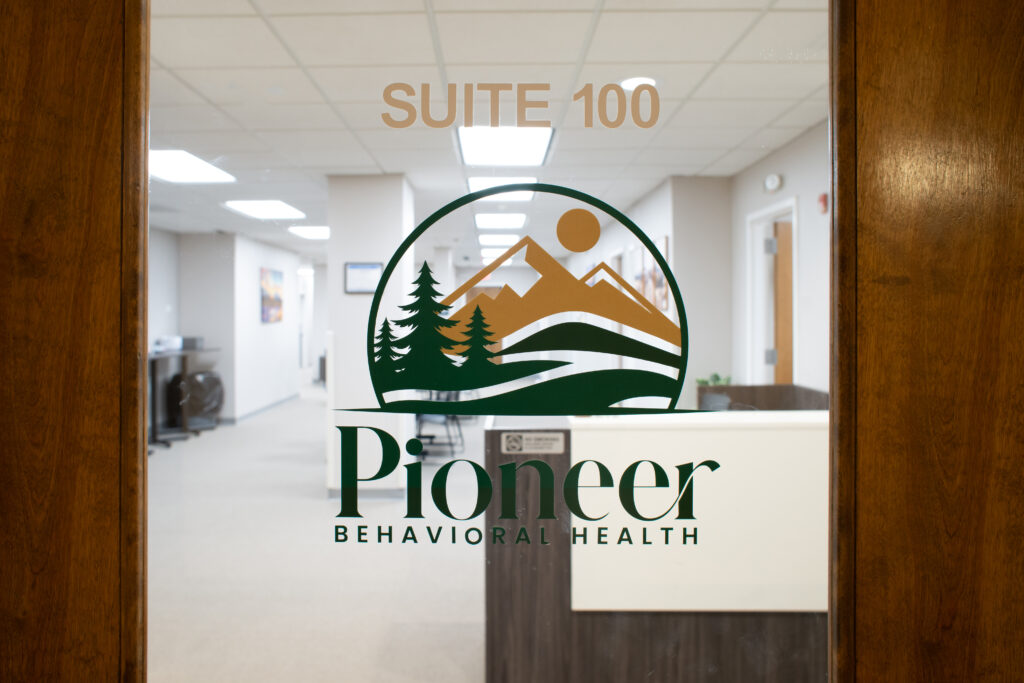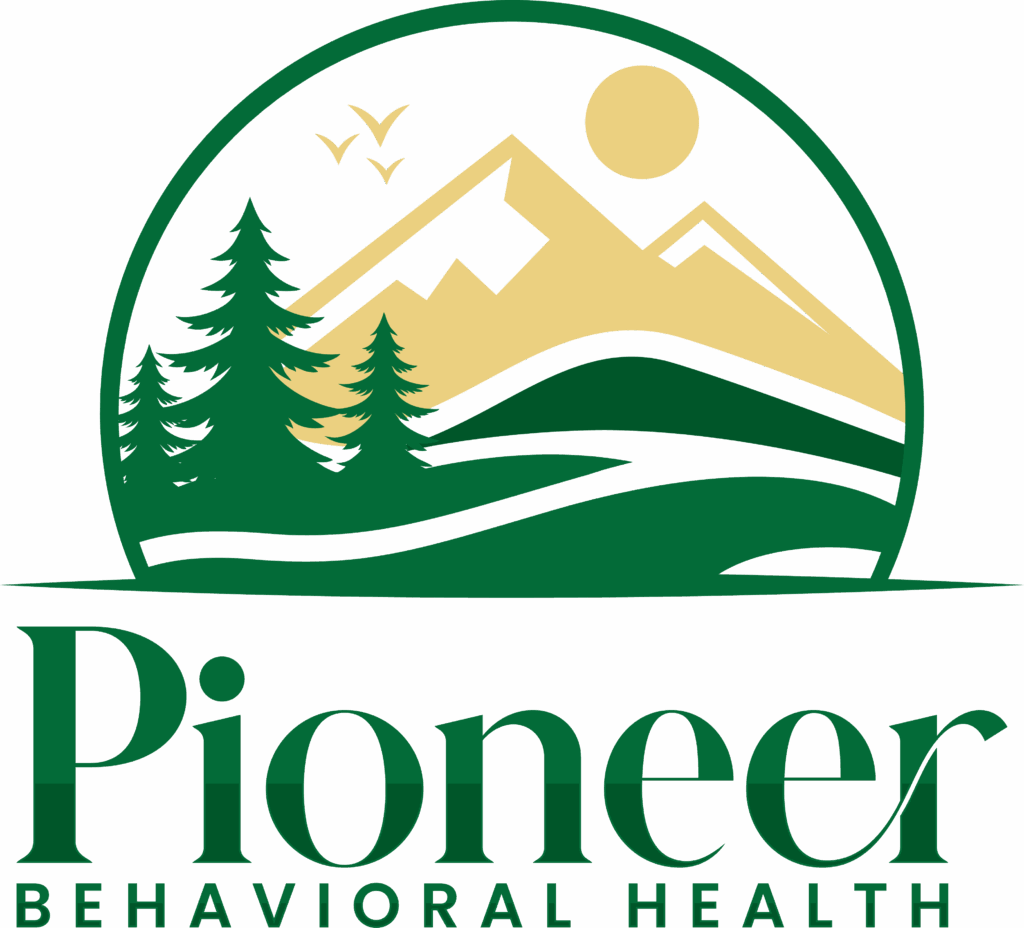Recovering from drug addiction is no easy feat—it takes strength, determination, and ongoing effort. But for many, the real challenge begins after leaving a treatment program. Staying sober post-rehabilitation can be difficult, and relapse is a common part of the recovery journey. However, relapse doesn’t mean failure—it simply signals the need to adjust your approach.
With the right tools, mindset, and support, long-term sobriety is absolutely achievable. Whether you’re in recovery yourself or supporting a loved one, understanding potential triggers and implementing proactive strategies can make all the difference.
Here are seven effective relapse prevention strategies to stay sober and protect your progress on the path to recovery:
1. Recognize and Manage Your Triggers

The first step in preventing relapse is identifying your personal triggers—people, places, emotions, or situations that tempt you to use again. Common triggers include stress, loneliness, negative emotions, and environments associated with past substance use.
Create a list of your specific triggers and build a plan to avoid or manage them. For instance, if certain friends or events tempt you to use, it may be time to take a step back from those connections. If stress is a major trigger, explore healthy outlets like deep breathing, meditation, or physical activity.
Being mindful of high-risk situations doesn’t mean living in fear. It means making informed, conscious choices to protect your recovery.
2. Build a Reliable Support Network
You don’t have to do this alone—and you shouldn’t. A solid support system is one of the most powerful tools for maintaining sobriety. Family, friends, sponsors, and support groups can offer encouragement, accountability, and a safe space to talk through struggles.
Attend recovery meetings like Alcoholics Anonymous (AA) or Narcotics Anonymous (NA) to connect with people who truly understand what you’re going through. These groups offer shared wisdom, motivation, and consistent support.
If personal support is limited, don’t hesitate to reach out to a counselor or therapist. Professional guidance can be an essential pillar of long-term success.
3. Develop Healthy Ways to Cope
Many people turn to drugs as a way to escape emotional pain or stress. In recovery, it’s vital to replace that habit with healthy coping mechanisms.
Here are a few powerful options:
-
Exercise: Boosts mood and reduces stress by releasing feel-good endorphins.
-
Mindfulness & Meditation: Helps you stay grounded, reduce anxiety, and observe thoughts without reacting.
-
Creative Outlets: Art, music, writing, and other hobbies offer therapeutic ways to process emotions.
-
Journaling: Writing your thoughts helps track progress, release emotions, and gain clarity.
The more you practice healthy coping skills, the more confident and in control you’ll feel—even during difficult times.
4. Establish a Structured Daily Routine
A structured routine helps create a sense of purpose and reduces the likelihood of boredom—an all-too-common trigger for relapse.
Your daily schedule should include:
-
A consistent wake-up and bedtime
-
Nutritious meals and hydration
-
Productive tasks like work or school
-
Exercise and self-care
-
Positive social interactions
-
Time for hobbies and relaxation
By keeping your days focused and purposeful, you strengthen your foundation for a sober, fulfilling life.
5. Learn to Spot the Signs of Relapse Early
Relapse usually doesn’t happen all at once. It unfolds in stages—each offering a chance to intervene and get back on track:
-
Emotional Relapse: You’re not thinking about using, but you feel anxious, isolated, or start neglecting self-care.
-
Mental Relapse: You begin to fantasize about using, justify past use, or bargain with yourself (e.g., “Just once won’t hurt.”).
-
Physical Relapse: You return to drug or alcohol use.
Being aware of these stages allows you to act early—whether by reaching out to a therapist, attending a meeting, or leaning on your support system. Early intervention can prevent a full relapse and keep your recovery intact.
6. Avoid Toxic Relationships
Relationships that encourage substance use or create emotional turmoil are one of the fastest paths to relapse. If someone in your life is unsupportive of your recovery, it may be time to set boundaries—or walk away.
This could mean distancing yourself from friends who still use, or managing contact with family members who are emotionally draining. Replacing toxic connections with supportive, encouraging relationships is crucial for maintaining a sober lifestyle.
If cutting ties isn’t an option, work with a therapist to build communication tools and assertiveness skills that help protect your boundaries.
7. Seek Professional Support When Needed

Recovery doesn’t stop after rehab—and neither should your support. Ongoing therapy or outpatient treatment can provide valuable tools and guidance as you face life’s ups and downs.
At Pioneer Behavioral Health, we offer a range of services tailored to support long-term sobriety. From cognitive-behavioral therapy (CBT) to group therapy, medication-assisted treatment (MAT), and holistic approaches, our programs are designed to meet you where you are in your recovery.
Asking for help is not a weakness—it’s a smart, courageous choice. Whether you’re struggling with cravings, emotions, or simply need someone to talk to, professional support can help you stay grounded and focused on your goals.
Get Therapy in Longmeadow, MA
Staying sober after rehab takes work, but it’s absolutely possible with the right mindset and tools. Every step you take toward healing is a testament to your strength.
If you or someone you care about is in recovery and looking for support, Pioneer Behavioral Health is here to help. Contact us today to learn how we can support your journey toward lasting sobriety and a brighter future.

